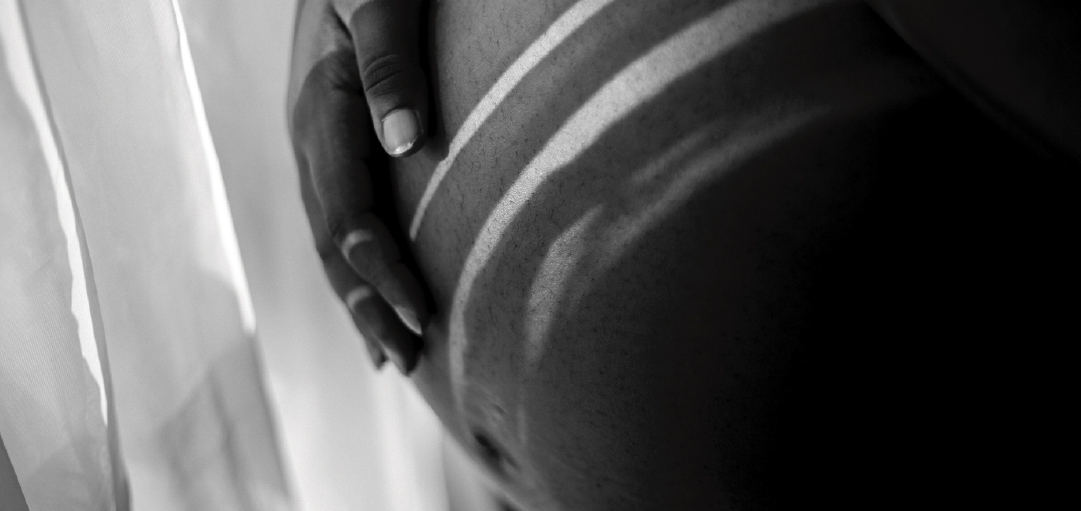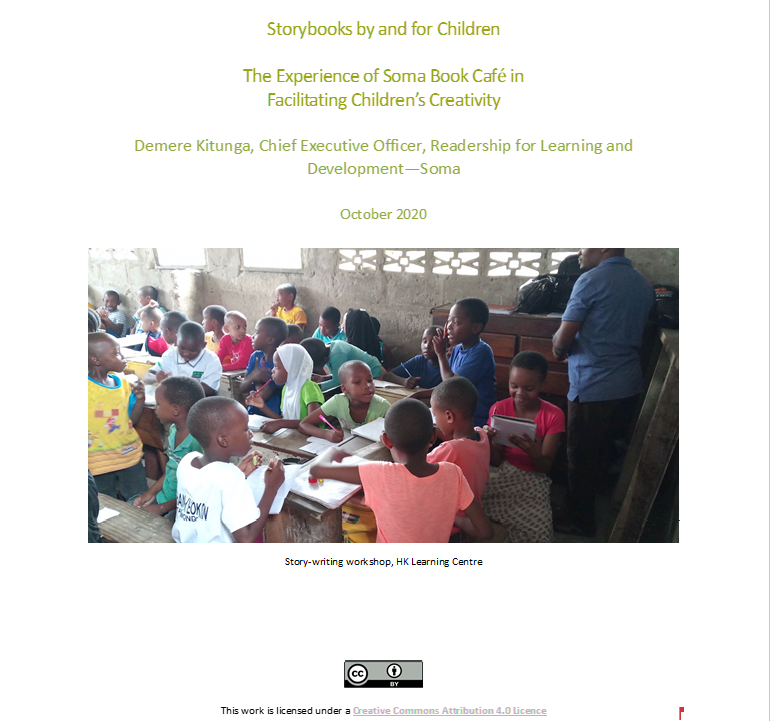- 6 Mlingotini Close, Plot No 53 Regent Street, Regent Estate
- info@soma.or.tz
- +255 673 014 071
- 6 Mlingotini Close, Plot No 53 Regent Street, Regent Estate
- info@soma.or.tz
- +255 673 014 071
- Home
- Who we are
Learn more about soma:
Our mission, journey, and the team behind our reading revolution.

- What we do
Empowering Through Readership
Discover how SOMA fosters learning and development with impactful programs and events.
- Get involved
- Newsroom
Get the Latest from Soma
Stay updated with our latest stories, events, and media highlights.- Our Stories
- Recent Updates
- Press Releases
- Reading Tips



Uani Kunani?
Read MoreUani Kunani?
Uani Is a backyard , often with an enclosure traditionally designated as women's space of exclusion and safety from men's spying eyes , It is often associated with homes. There

From the backyard: Proposition
Read MoreFrom the backyard: Proposition
ua n (nyua), U-N-, mzizi mauaNyuma ya Nyumba, Uzio Context: Relating to Swahili Homes. Traditionally a backyard, often with an enclosure, and designated as women’s space (of ‘seclusion’ and ‘safety’

Kutoka Uani: Pendekezo
Read MoreKutoka Uani: Pendekezo
ua n (nyua), U-N-, mzizi mauaNyuma ya Nyumba, Uzio Muktadha: Inahusu nyumbani Uswahilini. Kimila, uani kawaida kuna uzio, na pametengwa kama sehemu maalum ya wanawake (ya ‘faragha’ na ‘salama’ mbali

Kutoka Uani/ From the Backyard Matamko ya Wasanii
Read MoreKutoka Uani/ From the Backyard Matamko ya Wasanii
Asteria Malinzi Baridi la Ufukweni, 2021Picha, video na sauti.(Video Poem was produced in collaboration with Ngollo Mlengeya) Umekwishaonywa. Mchecheto usiomithilika unaikodolea milele zote zinavyotiririka mithili ya vijito. Umekwishaonywa; kwa wepesi

Storybooks by children for children–A Soma Book Cafe case study
Read MoreStorybooks by children for children–A Soma Book Cafe case study
watoto-na-vitabu-case-study-1102Download
prevnext
- Resources
Resources for Readers
Access tools, guides, and links to support your reading and learning journey.
Books & Reading
- Kalamu Ndogo Series
- Andika na soma
- Taswira Book club picks
Poetry & Creative writting
- WAKA poetry Collection
- Hadithi Zetu feminist stories
- Writing Prompts and guides
Story telling and learning Tools
- Watoto na Vitabu Guides
- School Reading Plans
- Community reading guides
- Contact Us
Get in Touch with SOMA
Visit us, call us, or connect online – we’d love to hear from you!- 35 Regent Street, Regent Estate, Dar es Salaam, Tanzania
- Mon–Sat, 9 AM–6 PM (Closed Sundays)
- +255 763 614 314
- Community Impact



